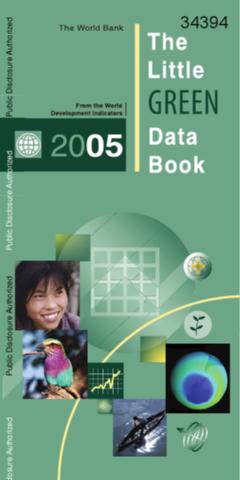Climate sensitivity to tropical land surface changes with coupled versus prescribed SSTs
Tropical land cover change experiments with fixed sea-surface temperatures (SSTs) and with an interactive ocean are compared to assess the relevance of including the ocean system in sensitivity studies to land surface conditions. The results show that the local response to deforestation is similar with fixed and simulated SSTs. Over Amazonia, all experiments simulate a comparable decrease in precipitation and no change in moisture convergence, implying that there is only a change in local water recycling.



